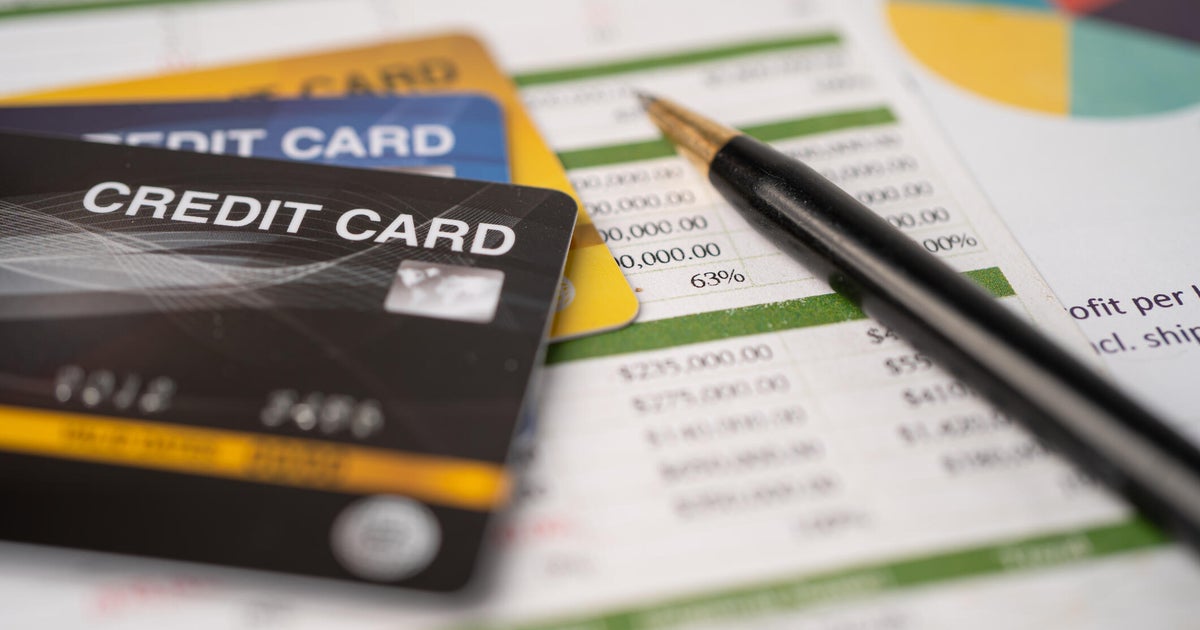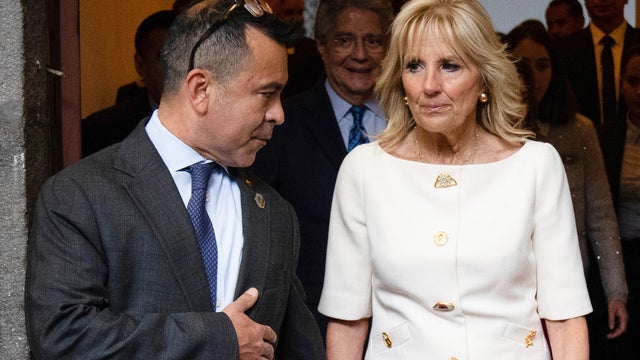

No response returned

The total collective household credit card debt nationwide hit a new high in the fourth quarter of 2024, reaching . The number of credit card accounts that were at least 90 or more days past due of last year — a clear sign that for some borrowers, one that they may not be able to get rid of on their own.
Luckily, cardholders have a few different debt relief options available to them, like , and . None of those options result in paying less than your total balance, though. If that's your goal, a program from a may be worth considering. When you enroll in this type of program, a debt relief expert will try to negotiate with your creditors on your behalf to settle what you owe for less than the full balance.
On average, debt settlement programs result in paying less than the full balance on successful negotiations. But creditors aren't required to settle your debt for less than what you owe, meaning that there's no guarantee that your debt will be settled at all. So, what's the success rate when it comes to debt settlement negotiations?
.
Overall, debt relief companies successfully settle about 55% of accounts, according to . That said, the can have varying outcomes that depend on the debt in question, the creditors involved in the settlement process and other factors.
Here's what that breaks down to in terms of debt settlement success rates, according to the AFCC data:
It's likely that the success rates will vary, though, based on the debt settlement provider you choose and other factors unique to your financial situation. That's why finding a reputable debt relief company to help settle your debt is so important. By working with experts who are experienced in these types of negotiations, you may be able to increase the likelihood of a successful outcome.
.
If you're thinking about pursuing debt settlement, there are a few smart steps you can take to . While a successful debt settlement isn't guaranteed, preparing the right way can make creditors more willing to work with you — and may even help you walk away with a better deal.
Start by understanding how debt settlement works: You (or a company representing you) to pay less than what you owe, offering a lump sum in exchange for resolving the account. Creditors don't agree to this lightly. They're more likely to consider settlement if you've fallen and it looks like you won't be able to repay the full amount. That's why people who are current on their accounts typically aren't offered settlement deals. In fact, being a few months delinquent is often a key factor in whether a creditor will negotiate.
To boost your chances of reaching a favorable deal, go into the process prepared. Start by taking stock of your financial situation: List out all your unsecured debts, how much you owe, how long you've been delinquent and how much you could realistically offer as a lump-sum payment. The average settlements are generally than the original balance, but there are a lot of factors that can play into what your settlement offer should be.
You should also be ready to clearly and honestly. Creditors are more likely to negotiate if they see that your situation is legitimate — for example, if you've lost your job, had unexpected medical expenses or gone through a divorce. Whether you're doing it yourself or working with a settlement company, drafting a short hardship letter that explains your situation and your offer can go a long way.
Finally, don't underestimate the power of persistence and professionalism. If you're negotiating on your own, stay calm, polite, and focused when talking to creditors. If you're hiring to do the negotiating for you, , with a proven track record and no upfront fees.
Debt settlement isn't a guaranteed fix for your debt issues — but for the right borrower, it can be a real lifeline. The key is going into the process prepared, whether that means negotiating on your own or partnering with an experienced debt relief company. Knowing how the process works, having a clear picture of your financial situation and being ready to explain your hardship can make all the difference in how willing your creditors are to settle. Keep in mind that success doesn't happen overnight, though, nor are your creditors required to engage in these types of negotiations. But if you stay persistent and work with the right experts, you could improve the chances of settling your debts for far less than what you owe.





